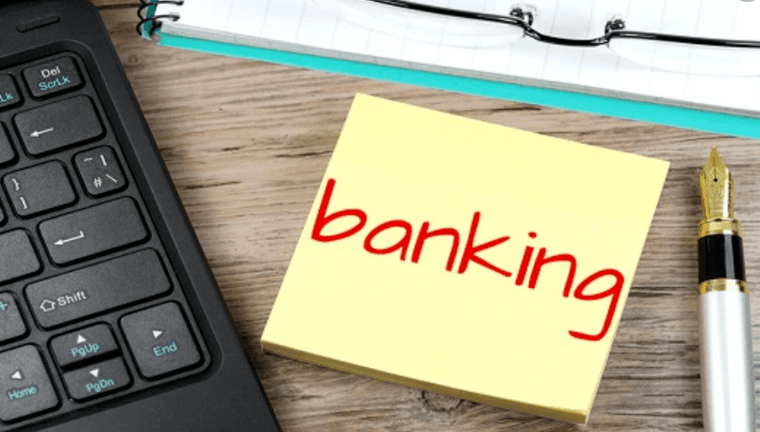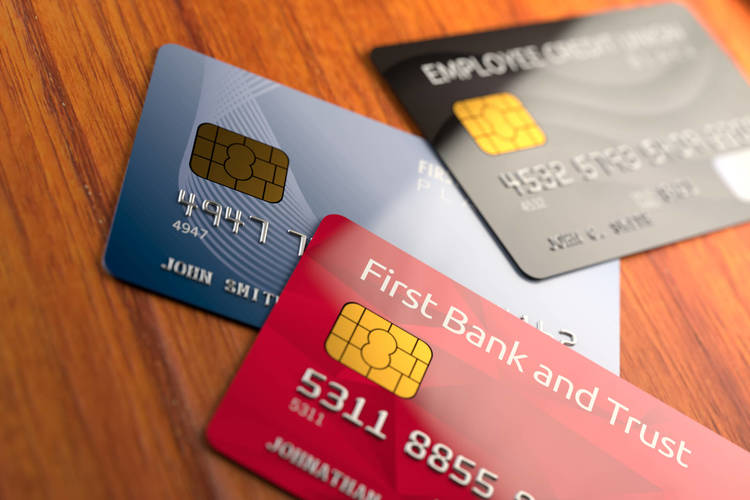Finding the best checking account
by Admin | January 14, 2023
Finding the best checking account in the wide range of accounts offered by branch and direct banks is not easy at all. Moreover, since every consumer has different requirements, it is impossible to determine the best checking account that suits every customer. Before switching accounts, everyone should therefore compare many offers with each other in order to find the best current account for themselves.Many pay attention when looking for the best current account that no fees are charged for receiving the EC card and credit card, account management, account statements, transfers and cash withdrawals at ATMs in the US and abroad. Others pay attention to extras such as gifts for new customers. However, it is advisable not to be dazzled by the starting balance and to contrast this with the fees and overdraft interest.
Direct bank or branch bank?
The features a good checking account should have differ depending on whether it is a direct bank or a local bank. To decide between a direct bank and a branch bank, consumers must first determine exactly what they expect from the bank, its services and the costs. Branch banks offer advice and service directly on site - provided there is a branch nearby - but usually charge a basic annual fee for account management. The costs at direct banks are often somewhat lower, but the customer also has to do more himself and has no direct contact person.With established banks and savings banks, there should be a dense network of branches to ensure the supply of cash. Instead, direct banks often offer the option of withdrawing money from foreign ATMs with a free credit card.
United States or abroad?
If you want to choose a bank, it is best to choose one with an American branch. Foreign banks are also possible, but banks with an American branch offer the greatest security. They are subject to American laws, which are considered particularly safe, and the so-called deposit insurance. The deposit insurance protects the consumer's assets in case their bank goes bankrupt, legally up to an amount of 100,000 euros - at many financial institutions, however, the deposit insurance goes far beyond this.
Account management fee
When looking for the best checking account, most people pay particular attention to the costs that can arise from account management. Most current accounts are subject to costs in the form of fees or interest. With established banks and savings banks, it is mainly the annual basic fee that is charged, while direct banks usually waive this fee - although they often require a certain minimum amount of money to be deposited each month. In addition, some banks charge fees for almost every transaction without a basic fee. In combination with the overdraft interest, this means that even without a basic fee for account management, a considerable amount can be charged each year.
Interest on credit balances and overdrafts
Interest on overdrafts is charged when the customer overdraws his account and thereby takes out a loan. The interest rate often starts at seven percent and can go up to 14 percent. If the customer is careless and frequently overdraws the account, the overdraft facility can become a cost trap. However, this cost trap can be avoided by keeping the current account as a credit account. This means that overdrafts are not possible, as the account must be "topped up" with money before it can be used. The overdraft interest is eliminated. Another advantage of the credit account is that it can also be set up with negative Schufa.
Interest on credit balances
The opposite of the overdraft facility is interest on credit balances, which banks can pay to their customers when their account balance is positive. However, interest on credit balances is hardly present in private checking accounts nowadays. In particular, interest on credit balances is rare in checking accounts with free account management. They are not a profitable investment, but are suitable only as a short-term deposit of salary, pension or Bafög and for cash supply. A call money account with attractive interest rates offers itself as an alternative.
Service
The service of many branch banks leaves much to be desired. While most transactions used to be carried out by bank advisors, customers can now perform the services themselves at self-service terminals and ATMs. As a result, account management fees are no longer justified in the eyes of many customers. With the online accounts of direct banks, these services are no longer required at all. The main reason for this is that there are no branches and therefore no on-site advice; instead, customers can carry out all transactions themselves from the comfort of their own home on the sofa. However, this requires a functioning Internet connection. The elimination of services also means that most online accounts can be managed free of charge and are generally associated with lower fees. Because of the ease of use of home banking and the favorable conditions, more and more people are opening online checking accounts.
Which current account suits you best?
The type of current account you choose depends on whether you are employed, in training, retired or unemployed. For the different groups there are different types of accounts, which are adapted to the needs of their target group. It should also be distinguished whether the account is to be used as a private or business account.Especially those people who have a lower income, such as students, pupils or the unemployed, should pay particular attention to the fees. Most banks offer fee-free current accounts for children or teenagers, pupils and students. For minors and often also unemployed and Hartz IV recipients, overdraft facilities are excluded, so that only a credit account is possible. Some account models are also not available for the self-employed and freelancers. In the current account comparison at Verivox, you can see exactly which offer is suitable for which professional group.




